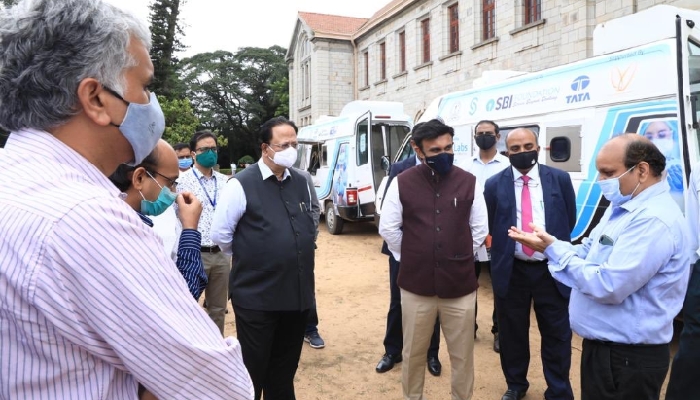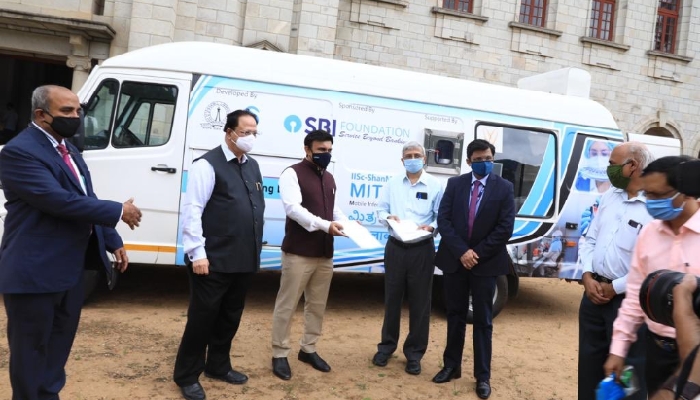New Delhi, Sept 28: The Supreme Court Friday allowed entry of women of all ages into the Ayyappa temple at Sabarimala in Kerala.
The five-judge constitution bench headed by Chief Justice Dipak Misra, in its 4:1 verdict, said banning entry of women to Kerala's Sabarimala temple is gender discrimination and the practice violates rights of Hindu women.
It said religion is a way of life basically to link life with divinity.
While Justices R F Nariman and D Y Chandrachud concurred with the CJI and Justice A M Khanwilkar, Justice Indu Malhotra gave a dissenting verdict.
The court pronounced its verdict on a clutch of pleas challenging the ban on entry of women of menstrual age in Kerala's Sabarimala temple and said law and society are tasked with the task to act as levellers.
The bench passed four sets of separate judgements.
The CJI said devotion cannot be subjected to discrimination and patriarchal notion cannot be allowed to trump equality in devotion.
He said the devotees of Lord Ayyappa do not constitute a separate denomination.






Comments
what you know about HAJJ, first you try to learn your religion man you maron...you know in veda says there is no image of GOD, dont follow donkey, follow hindu scripture, first of all dont know what is hindu religion and goes to show finger on MUSLIM, look at you face in mirron and ask yourself do you following GODs religion or Devil religion...who is your god bootha or pure GOD.
dont act like maron of hindu community, think before comment, any thing happens to hindu then they blame muslim, what a joke,,there is saying that 80% dogs are worried about 14% lion in forest..haha
yo naresh, first try to learn veda the hindu scripture. which says there is no image of god..if you follow poojari then go to hell, who told muslims are not allowed, did you went any time to masjid to see how it is operated. you maron always behind bar and worship stone, how will your brain develop..first try to become good hindu then you can point muslim.
In most of the masjids having seperate place for woman also... better at least provide seperate way for hindu woman in temples to avoid mingling .... above judgement is on internal issue of hindu custom issue , why dragging muslims to it ?
According to North states' people and BJP people, there is a chance of flood again in Kerala, becuase SC challenged GOD. Those north state fools said that Kerala Flood was aftermath of Sabarimala verdict. Even RBI official backs the statement
Actually 99 percent of women in Kerala following the rule. They are waiting for their turn. Its like hajj. You people wont understand that. Some fools filed petition in order to destroy Hindu religious customs and traditions and muslim lawyer advocated for that. Now everything perished
Silly issue got more hype.
All bloody activists wants to destroy Hindu religion thats it. They won't raise voice against inequalities in Islam. They won't question their customs.
So called activitsts not protesting against inequalities among muslims. Why muslim girls cant enter in to mosque for offering namaz. Why they have seperate one.
Gender equality won
Add new comment